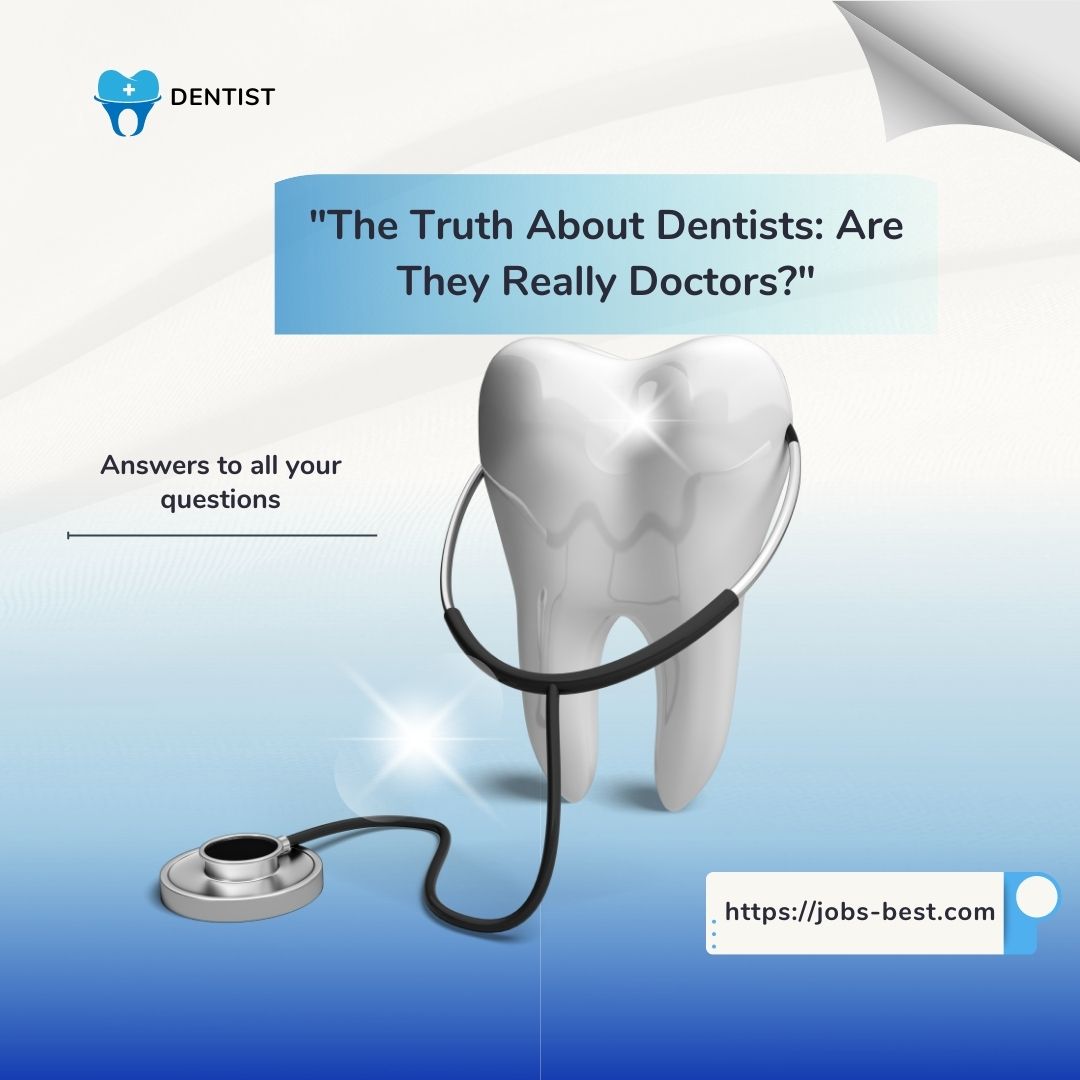Are you curious about the medical credentials of your dentist? You may be surprised to learn that dentists are indeed doctors, but their area of expertise is limited to oral health. In this article, we’ll explore the education, training, and responsibilities of dentists to shed light on their role in the medical field.
The Education and Training of Dentists
To become a dentist, one must complete a minimum of eight years of higher education. This typically includes a four-year bachelor’s degree, followed by a four-year dental degree from an accredited dental school.
The dental degree program, also known as a Doctor of Dental Medicine (DMD) or Doctor of Dental Surgery (DDS) program, includes coursework in anatomy, physiology, biochemistry, and other sciences, as well as hands-on clinical training. Dentists-in-training also learn about different dental procedures, such as fillings, extractions, and root canals, and how to diagnose and treat various oral health conditions.
After graduating from dental school, aspiring dentists must pass a licensing exam in order to practice in their state. In most states, this exam includes both a written and clinical component. The written exam tests the dentists’ knowledge of dental theories and practices, while the clinical exam assesses their practical skills and judgment.
The Role of Dentists in Healthcare
As medical professionals, dentists play a vital role in maintaining the oral health of their patients. They are responsible for diagnosing and treating a variety of oral health issues, including tooth decay, gum disease, and oral cancer. Dentists also create treatment plans for patients, which may involve filling cavities, extracting teeth, and fitting patients for dental appliances like crowns and bridges.
In addition to these traditional dental procedures, dentists may also provide cosmetic services, such as teeth whitening and veneers, to improve the appearance of their patients’ smiles.
While dentists primarily focus on oral health, they also play a role in detecting and preventing general health problems. For example, dentists may spot signs of diabetes or osteoporosis during a routine dental exam, and they can refer patients to other medical professionals for further evaluation and treatment.
Are all dentists doctors?
Yes, all dentists are doctors. They have earned a Doctor of Dental Medicine (DMD) or Doctor of Dental Surgery (DDS) degree from an accredited dental school and have passed a licensing exam in order to practice dentistry.
Do dentists have the same level of medical training as other doctors?
While dentists do receive extensive medical training, their education and expertise is focused specifically on oral health. They are not trained to diagnose and treat general health issues like other medical doctors, such as primary care physicians or specialists.
Can dentists prescribe medication?
In most states, dentists can prescribe medication for certain dental conditions, such as infections or pain management. However, they are not able to prescribe medication for general health issues like other medical doctors.
Do dentists work in hospitals?
While some dentists do work in hospitals, most work in private practices, dental clinics, or other outpatient facilities. Dentists may also work in academic settings, such as dental schools or research institution.
In conclusion, dentists are indeed doctors, but their area of expertise is limited to oral health. They are responsible for diagnosing and treating a variety of oral health issues, as well as detecting and preventing general health problems.
